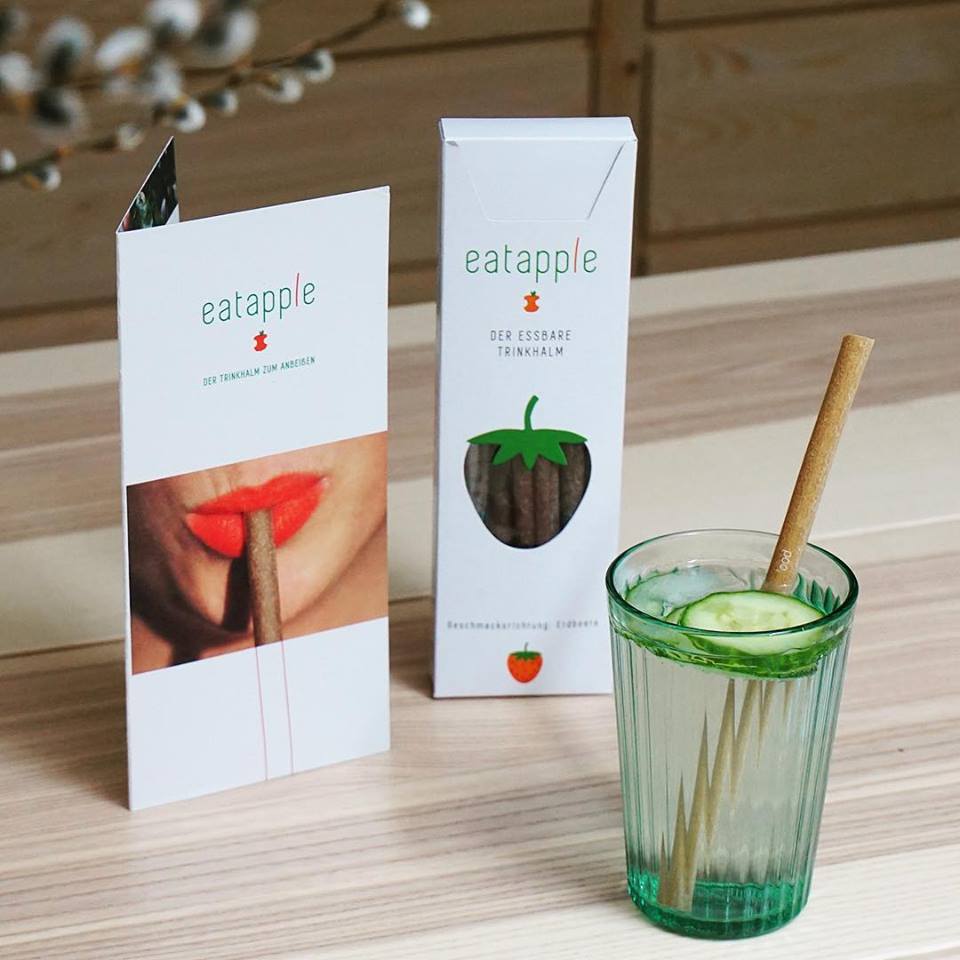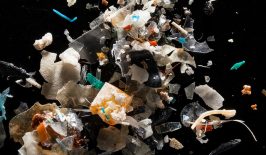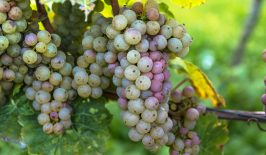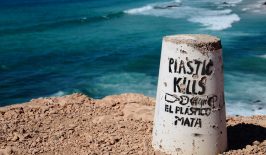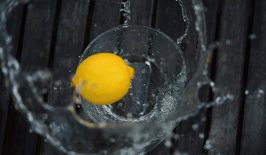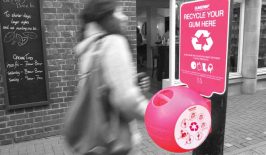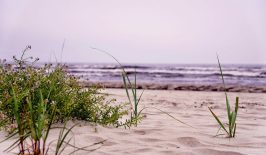Straws don’t have to be made out of plastic. One team of ecopreneurs has come up with an alternative – made from apples.
The world’s oceans are full of waste, plastic waste to be precise. Millions of tons of plastic debris is dumped into them every year, at the rate of one whole rubbish truck full every single minute. Aside from the devastating ecological consequences, pollution poses a serious threat to marine life, as the documentary film “A Plastic Ocean” demonstrates to frightening effect. (The news that a whale that died off the coast of Thailand recently was found with more than 80 plastic bags in its stomach hardly comes as a surprise after you’ve seen the documentary.)
The EU can no longer ignore the problem. According to the UN-commissioned study Single-Use Plastics. A Roadmap for Sustainability, by 2050 there will be more plastic than fish in the oceans. Among the plastic items most commonly found washed up on beaches are cotton buds (q-tips), cutlery, plates, balloons and straws – one reason why the EU is considerng placing a ban on precisely these single-use plastic products. Alongside the EU’s initiative are other projects that have set their sights on getting rid of the plastic straw, including #StopSucking, The Last Straw and Last Plastic Straw.
Although using drinking straws is a tradition that dates all the way back to the Sumerians in Mesopotamia in the third millennium BC, it is highly unlikely that the tubes they used for drinking were used only once. Rather, historians agree that Ancient Mesopotamians drank their beer using straws made of reed or even pure gold, and that they were used over and over. The plastic version didn’t appear until the 1960s and became hugely popular in only a short time. Last year in Europe alone, some 36 billion plastic drinking straws were produced – and thrown away after use, of course. That’s 71 straws per EU citizen per year.
The Alternative to Plastic
One brand new solution to the problem comes from three ecopreneurs from Karlsruhe in south-east Germany, with what started out as a crazy idea in a bar now having developed into a promising business model under the name Eatapple. Shortly after their brainstorming session in the pub, they registered the patent for their innovative new plastic-free drinking straw that was sustainable, edible and above all, tasty. The material used to make it would be apple fibres, a natural byproduct in the manufacturing of apple juice. Usually used as animal feed, this apple “pomace” (to give it its technical name) is rich in fibre and has a regular consistency. It’s also readily available: in Germany alone, around 10,000 tons of this “waste product” are produced each year.
They made the first prototype of their straws using a hand-operated pasta machine which pressed the material flat and then rolled it into a tube – in a time-intensive process that only allowed them to create 30 to 40 straws a day. Thanks to a successful crowdfounding campaign, they’ve been able to raise enough to scale up production. Working together with the German Institute of Food Technology, they’re now able to produce large quantities much more quickly and the straws are cut into a perfect shape using an automatic cutting machine.
Eatapple’s apple straws can be left in liquid for up to half an hour before they start to dissolve and release their apple flavour into your drink. So – do they make every drink taste like apple juice? Apparently not. According to the founders, even when drinking plain mineral water, there’s only a very slight apple taste. They’re currently experimenting with other flavours too – strawberry and lemon are next on the list.
Although the idea of a sustainable straw is not necessarily new, and this isn’t the first example of an initiative to turn single-use plastics into edible snacks – the two concepts have never been combined in this way before. Hopefully the novelty of the concept and the fact you get a tasty snack along with your drink will be enough to make consumers pay a little bit extra for this infinitely-more sustainable alternative.
Trying to live plastic-free? Want to become more conscious about your plastic consumption? Click here to check out our list of 7 quick ways to reduce the amount of plastic in your life.
This is a translation by Marisa Pettit of an original article which firat appeared on RESET’s German-language site.
